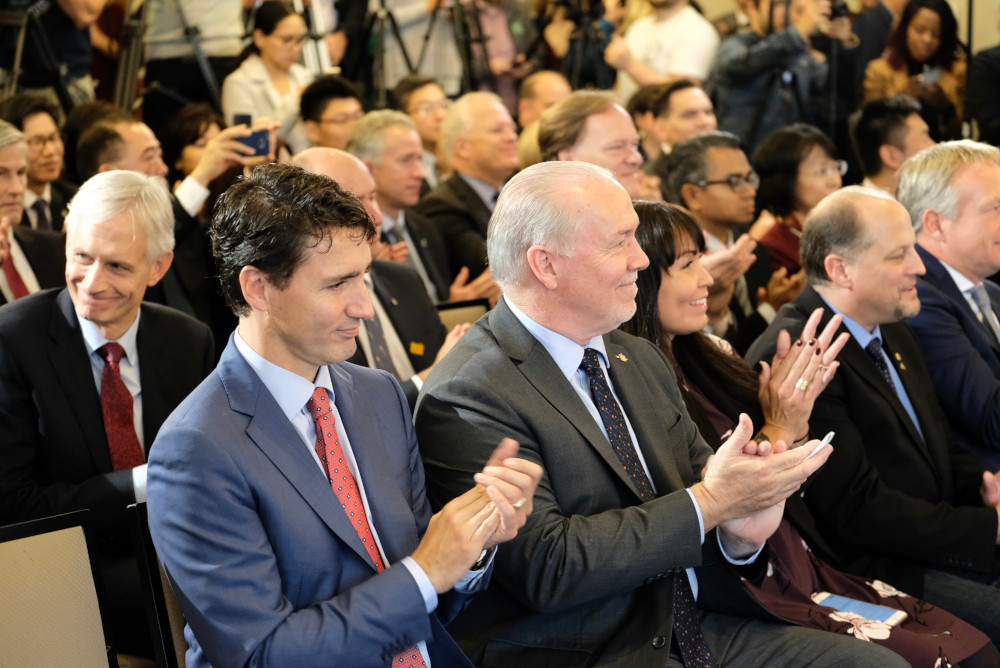What’s the Difference Between a Low-Carbon and Zero-Carbon Future? Survival
Governments, media and industry use ‘low-carbon economy’ frame to continue business as usual.

“The finance ministry reckons that even with the estimated $6 billion in relief over 40 years, the province would still reap $22 billion in revenues over the same period. Without the project, returns would, of course, be zero.”
It’s a compelling comparison. With the project we can pay for schools, hospitals and poverty reduction. Without it, we have nothing.
Yet it is fallacious, a comparison promoted by Big Oil and adopted by most governments. It takes our minds off alternatives.
The correct comparison is between revenues generated from $40 billion invested in fracking and fossil fuel production versus revenues generated from $40 billion invested in renewable energy, such as solar, wind and thermal.
Two similar-sounding phrases lie at the heart of this issue. One has gained predominance, the other relegated to the margins of climate change discourse. The first is “low-carbon economy,” an economy in which even fracking and liquefied natural gas have a role. The second is “zero-carbon economy,” an economy in which no more greenhouse gases are emitted into the atmosphere. In this second framing, the goal must be an economy fuelled entirely by renewable, non-carbon-emitting sources.
As the Palmer column illustrates, renewable energy has been largely written out of the script in the climate change narrative being constructed in B.C. and across Canada. For one thing, a renewable energy future would likely mean the end of Royal Dutch Shell and the other fossil fuel supermajors.
…click on the above link to read the rest of the article…